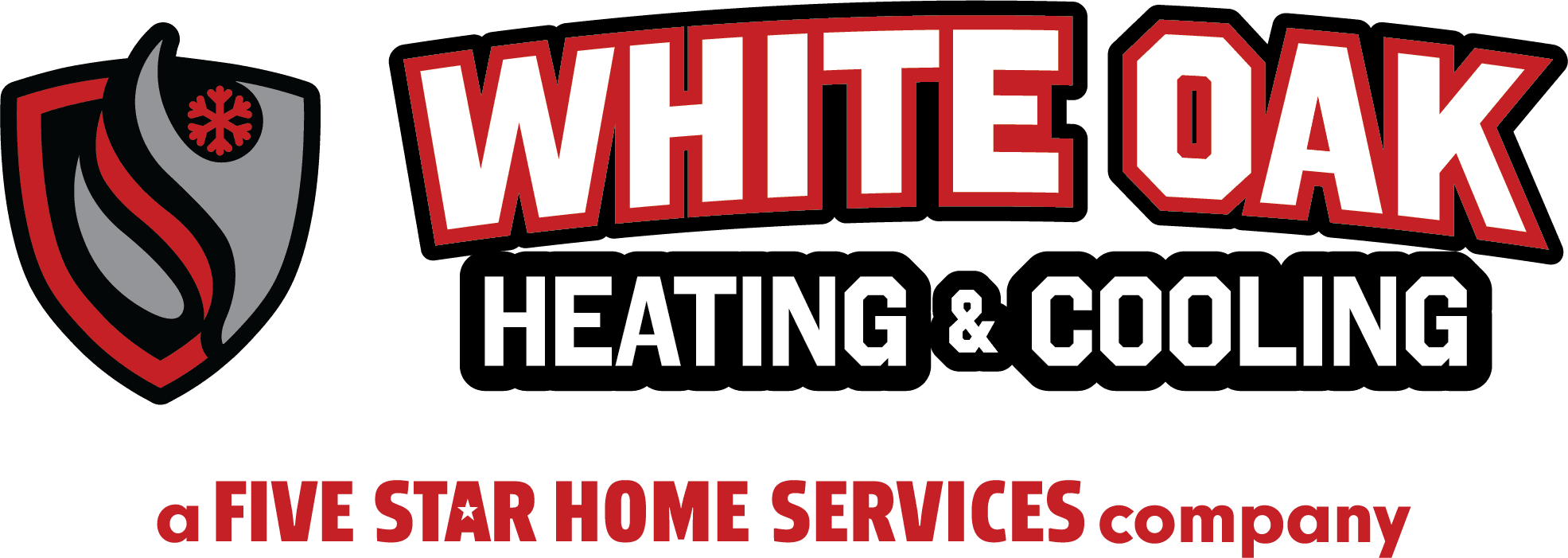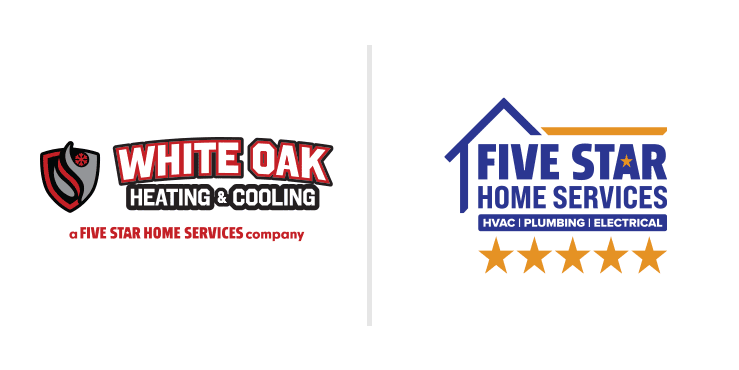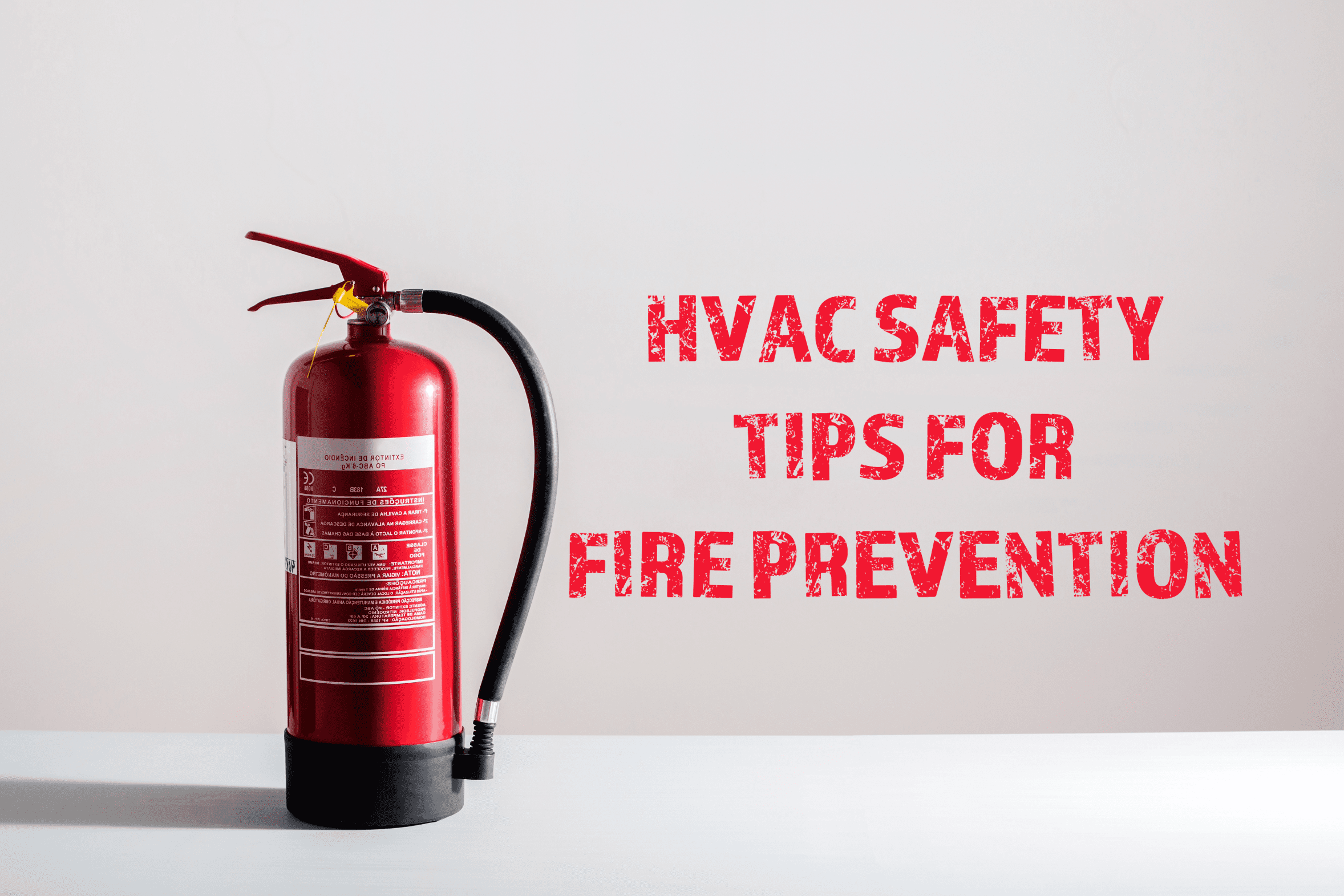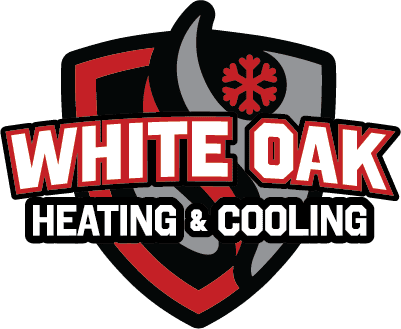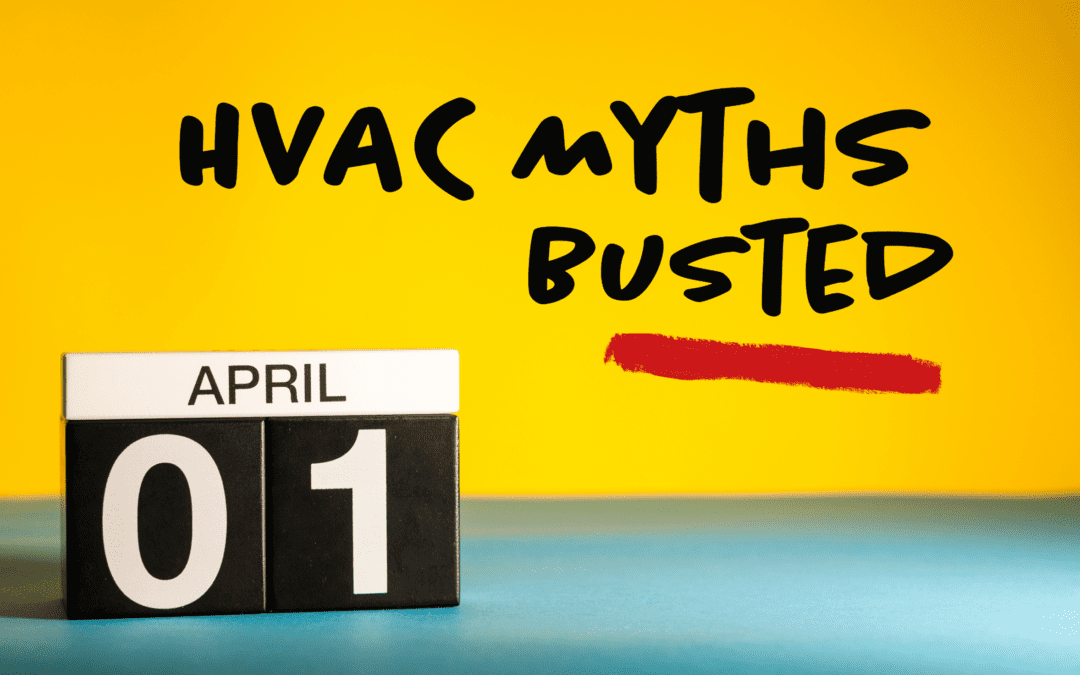October is designated as National Fire Prevention Month, an extension of a week initially established to commemorate The Great Chicago Fire of 1871. This month-long observance underscores the paramount importance of fire safety awareness. The significance of this endeavor is highlighted by the fact that each year, approximately 358,500 house fires erupt in the United States, with many of them being preventable through simple yet essential maintenance measures. Therefore, we invite you to join us without delay, as your trusted partners at White Oak Heating & Cooling to ignite awareness about fire safety.
Common HVAC Fire Hazards:
First and foremost, it is crucial to recognize that your HVAC system is not inherently perilous. Nevertheless, as with all things, negligence and oversight can lead to significant issues. Therefore, it is prudent to familiarize yourself with the most prevalent fire hazards linked to HVAC systems:
1. Electrical Issues: Among the leading causes of HVAC-related fires are electrical problems. In some instances, a home’s HVAC unit’s complete history may not be readily available, which can result in unforeseen complications over time. As these units age or become outdated, electrical issues stemming from aged wiring and circuits may arise. If you are unsure about the last time your units were serviced, please don’t hesitate to contact us. Regular maintenance plays a pivotal role in averting potentially dangerous situations.
2. Clutter Around Units: The location of HVAC units can vary, and in some cases, they are placed in garages or basements. Homeowners often use these spaces for storage, leading to the accumulation of stacks of boxes, paint cans, chemicals, and miscellaneous items in close proximity to the HVAC unit. This clutter has been proven to be a fire hazard. So, whether your HVAC units are stored in garages, basements, closets, or elsewhere in your home, it is imperative to maintain clear areas around them to facilitate proper airflow.
3. Poor Installation: Inadequate installation is another significant factor contributing to HVAC-related fires. Improperly installed HVAC units can remain unnoticed for years without regular inspections. Therefore, it is crucial to engage the services of a licensed HVAC company with certified technicians for installations. Additionally, consistent scheduling of maintenance checks is vital to ensure continued safe operation.
Fire Safety Tips from Your White Oak Heating & Cooling Professionals:
- Develop an Escape Plan: Ensure that all family members, including children, are well-acquainted with a fire escape plan. Designate a familiar outdoor meeting point away from your home to gather in case of a fire, and make sure everyone knows the plan well.
- Carbon Monoxide & Gas Detector: Bolster safety with a Carbon Monoxide & Explosive Gas Detector, capable of detecting carbon monoxide and natural gases like methane and propane.
- Smoke Detectors: Install smoke detectors on every level of your home, including the basement. Furthermore, you should place smoke detectors outside sleeping areas, such as hallways, if possible.
- Regular Testing: Periodically test your Smoke and Carbon Monoxide Detectors once a month and replace their batteries annually as a precautionary measure.
- Monitor Expiration Dates: Smoke alarms have a finite lifespan. Check the manufacture date and replace them ten years from that date.
- Fire Extinguishers: Ensure you have a fire extinguisher on each level of your home, ideally located in an area for quick access.
- Closed Bedroom Doors: Experts highly recommend keeping bedroom doors closed at night to slow down the spread of fire and increase safety.
At White Oak Heating & Cooling, your family’s safety is our foremost concern. Consistent annual maintenance ensures that your HVAC system adheres to current safety standards and operates seamlessly. We urge you to contact us to learn more about our Whole Home Protection Plan, which will safeguard your home and HVAC system effectively.
Call White Oak Heating & Cooling today at (513) 342-8434, or schedule an appointment online now by clicking here!
